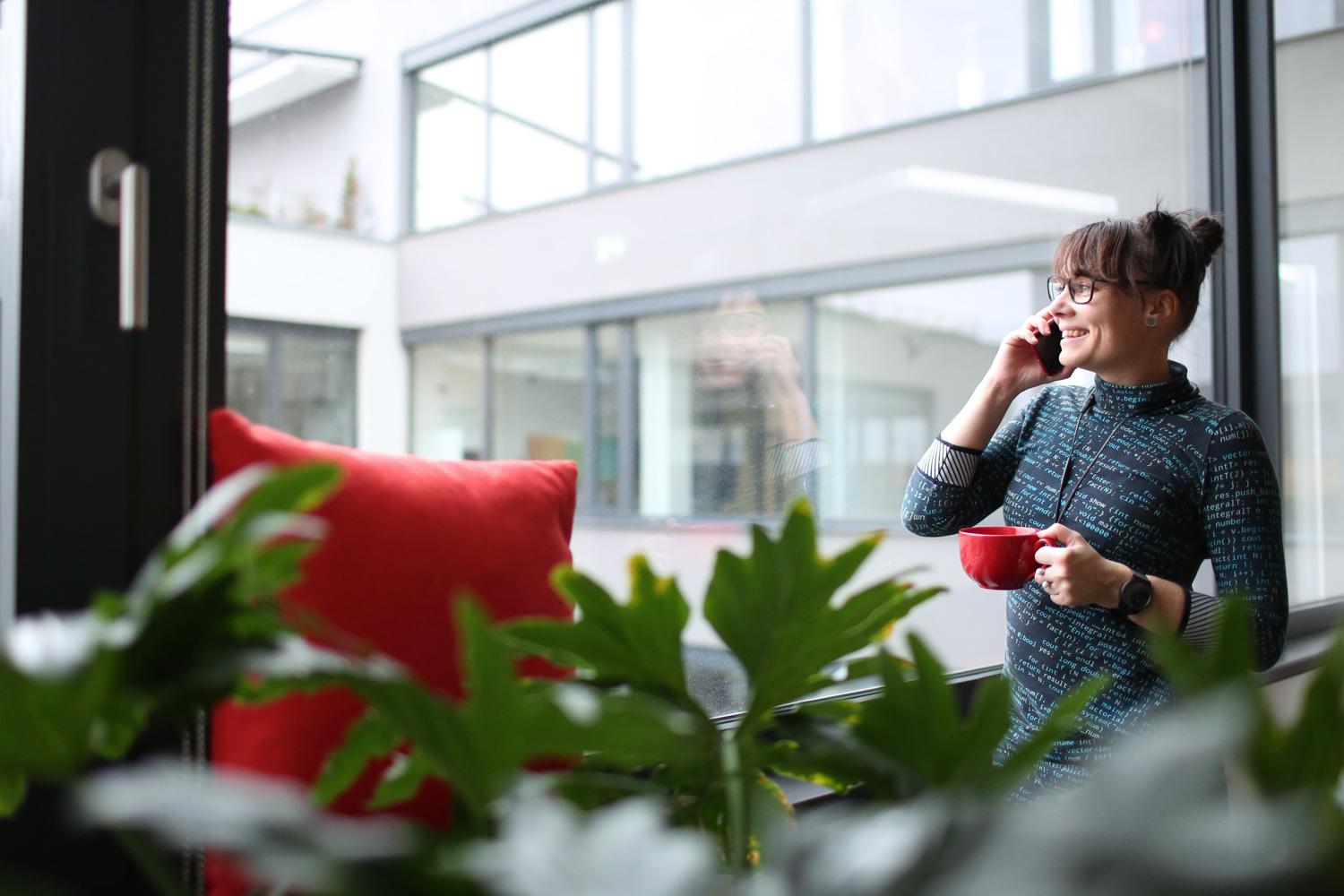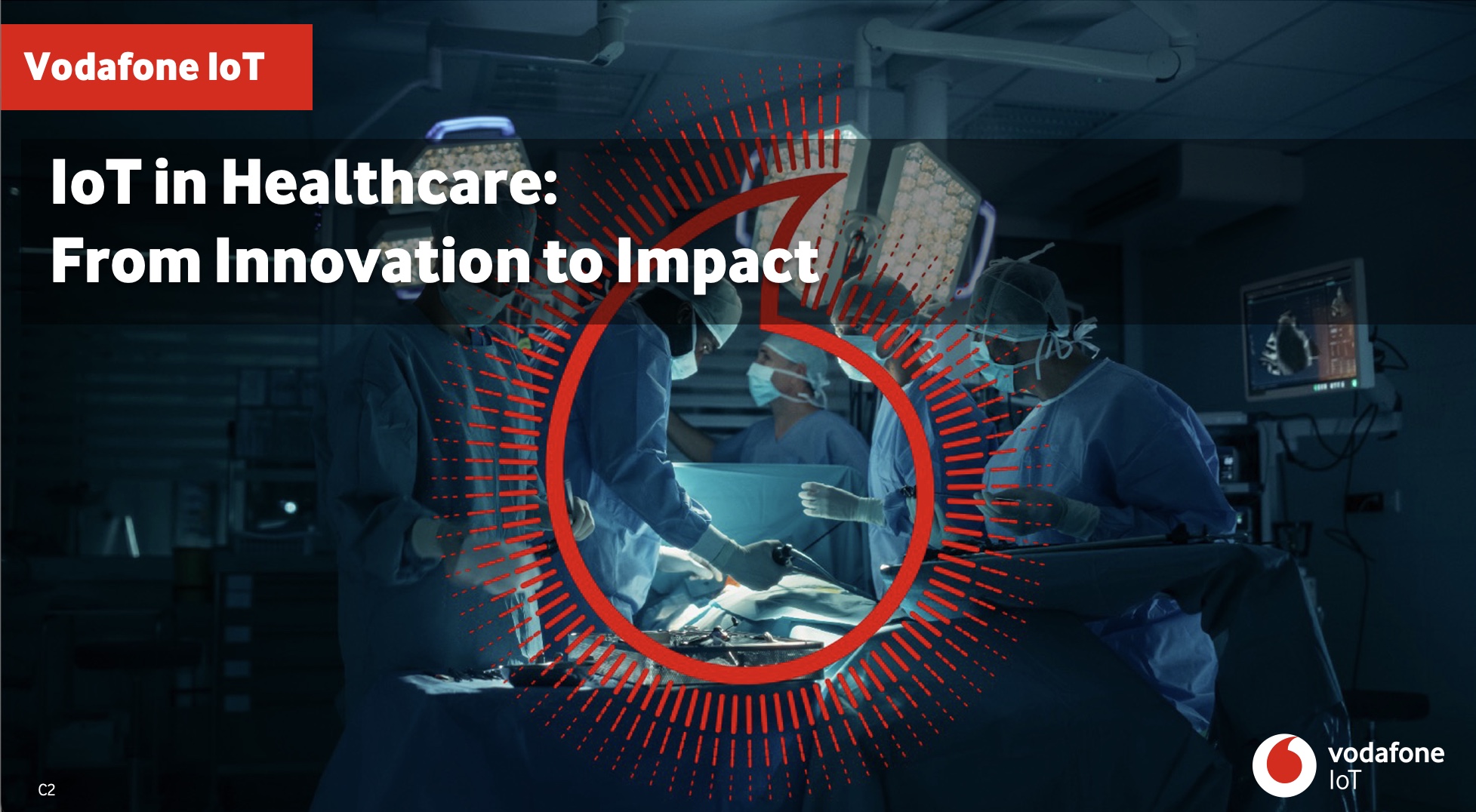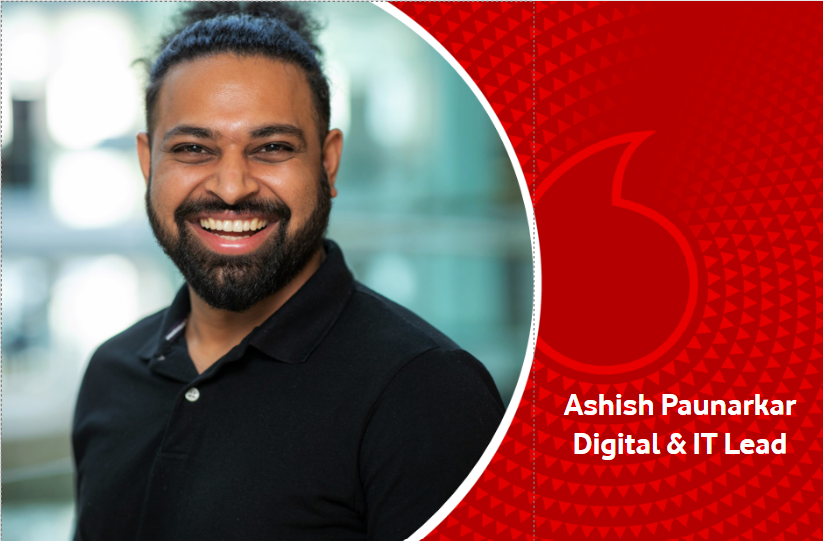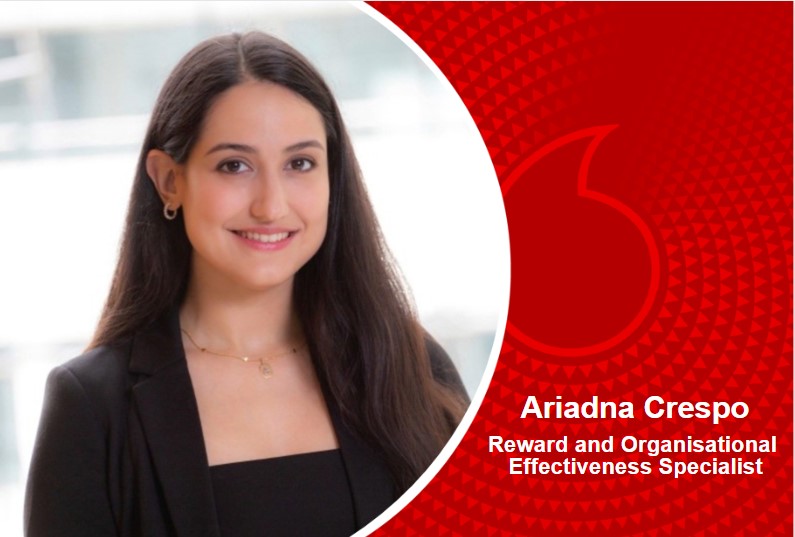Looking after consumers living with disabilities
In South Africa, emergency services don’t cater to people with hearing difficulties – most are only contactable via phone or voice. So, three years ago, I led the introduction of two Vodacom emergency services for deaf customers that use text – through SMS or an app.
I also helped to launch the country’s first big-button, easy-to-use phone for the elderly – the first ever device of its kind in South Africa. We weren’t sure how successful it would be at first, but we’ve now been selling it consistently since 2009.
Most recently, I’ve been establishing what I call an ‘Africa Accessibility Forum’. With this, I will be driving digital inclusion for consumers with disabilities from all over the continent. My main priority is ensuring that Vodacom Group and Vodafone markets embrace accessibility by implementing inclusive design in all of our products and services offerings. We want to be able to assist disabled customers wherever they are located in Africa, and to give them excellent customer experiences regardless of their challenges.
My own, first-hand experience of the difference technology makes in my life and that of other other disabled people has also inspired me to complete my PhD. I developed a framework for ‘Promoting the Digital Inclusion of Consumers with Disabilities’, an essential for companies wanting disabled persons to access and use ICTs and not be left behind.
Our DisABILITY Network (DN)
In 2018, I established the first disability employee forum in Vodacom South Africa, a group I have chaired since inception.
Among the first things I did was facilitate the co-creation of our disability policy, a detailed document that covers everything from reasonable accommodation of various disabilities, to disability disclosure. It really addresses all of the important topics around disability inclusion in the workplace.
But what I’m most proud of as leader of the DN is that I’ve developed a safe space for members to openly share their ideas, challenges and successes related to disability. The network has really become a catalyst for change because it’s a place where disabled employees can make their voice heard and be honest about any of their concerns, barriers and success stories. For many people with less visible disabilities (for example, mental illness or learning difficulties), it has even been the first time they’ve ever felt comfortable disclosing their disability to colleagues – and that’s something I find deeply rewarding. When disabled employees openly share without fear, it indicates that our inclusive company culture promotes belonging of disabled employees.
The DN collaborates with other business units and stakeholders to come up with solutions to the challenges brought up. Overall, it’s such a great approach, because it’s important that people with disabilities are part of creating their own solutions. At the end of the day, it’s all about their lived experience (‘nothing about us, without us’).
I must say our HR, IT and Facilities teams have really been fantastic. If we tell them about a challenge and our proposed solution, they will investigate it straight away and in most instances, implement our suggestions. By weaving together as a collective group like this, we are truly creating an increasingly barrier-free workplace.
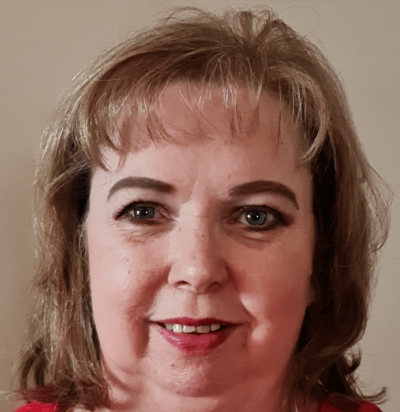
 Albania
Albania 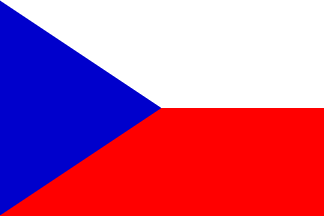 Czech Republic
Czech Republic 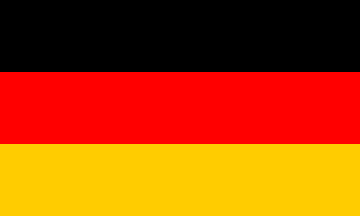 Deutschland
Deutschland 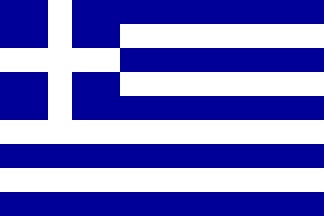 Greece
Greece 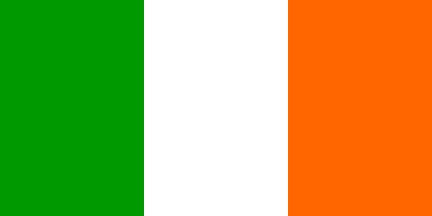 Ireland
Ireland  Italy
Italy 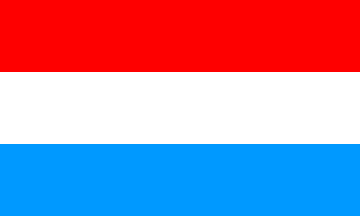 Luxembourg
Luxembourg 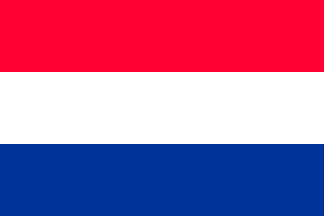 Netherlands
Netherlands 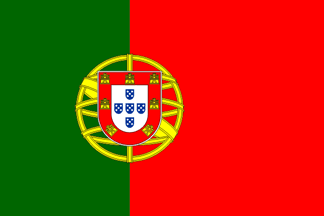 Portugal
Portugal 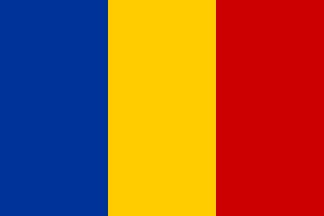 Romania
Romania 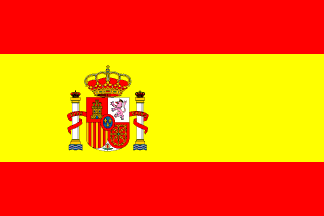 Spain
Spain  United Kingdom
United Kingdom 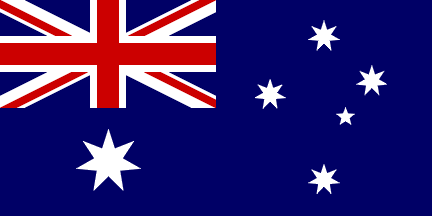 Asia-Pac Middle East
Asia-Pac Middle East 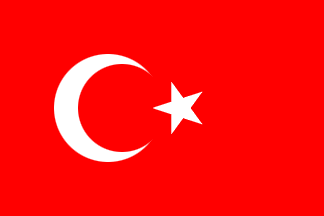 Turkey
Turkey  DR Congo
DR Congo 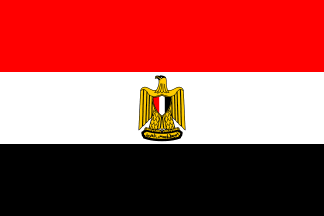 Egypt
Egypt 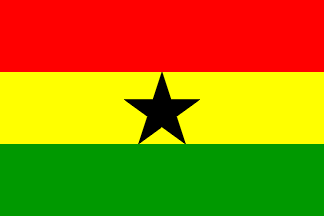 Ghana
Ghana 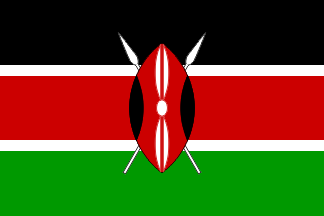 Kenya
Kenya  Lesotho
Lesotho 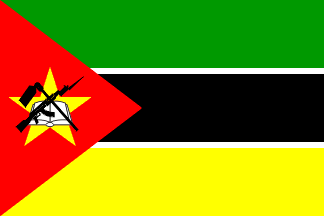 Mozambique
Mozambique  Nigeria
Nigeria 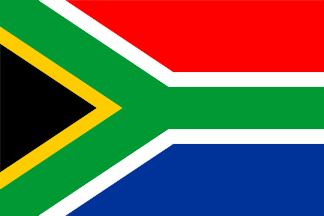 South Africa
South Africa 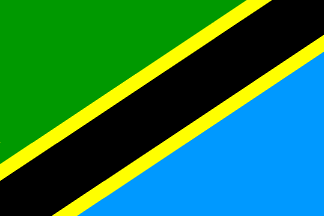 Tanzania
Tanzania 